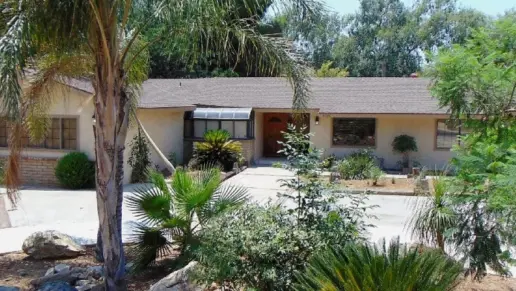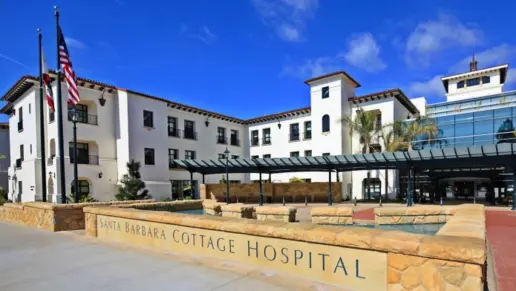About REACH Project
REACH Project is a rehab center in Brentwood, California that offers treatment for substance use disorder, alcohol use disorder, and other co-occurring mental and behavioral health disorders. REACH Project provides an intensive outpatient program (IOP), outpatient programs (OP), dual diagnosis, case management, 12-Step programs, detox, and aftercare. Specialized programs are available for the LGBTQ+ community, persons under court order, young adults, and the elderly. Services are available in English and Spanish.
At REACH Project, clients undergo a personal evaluation and receive a customized treatment plan. Detox can include physical and psychotherapy treatments, including individual counseling. Clients are supervised by case managers to prevent relapse.
After detox is completed, clients enter the intensive outpatient program (IOP) for daily counseling and therapy. REACH Project also provides peer support and life-skills development to prepare the client to return to independent sober living.
In general outpatient treatment, clients receive continuous care and support, including group and family therapy, trauma therapy, rational emotional behavior therapy (REBT), cognitive behavioral therapy (CBT), and 12-Step management. Clients transition into everyday living and develop relationship and communication skills.
REACH Project provides continual care and peer support for aftercare, including referrals for specialized treatment at outside facilities. Legal assistance may be available for clients under court order.
REACH Project offers self-pay and financing options. The center may be in-network with major insurance providers such as Aetna, Anthem, Blue Cross Blue Shield, Cigna, Humana, United Healthcare, and TRICARE. Please contact your insurance provider for specific details concerning out-of-network coverage.
Other Forms of Payment
Medicaid is a state based program that helps lower-income individuals and families pay for healthcare. Medicaid covers addiction treatment so those enrolled can use their coverage to pay for rehab. When a program accepts Medicaid the client often pays very little or nothing out of their own pocket.
Self-pay involves paying for treatment out of your own pocket. You can use savings or credit, get a personal loan, or receive help from family and friends to fund your treatment. If you don't have insurance or your insurance plan doesn't cover a specific program, self-pay can help ensure you still get the care you need.
Financial aid can take many forms. Centers may have grants or scholarships available to clients who meet eligibility requirements. Programs that receive SAMHSA grants may have financial aid available for those who need treatment as well. Grants and scholarships can help you pai for treatment without having to repay.
Sliding scale payments are based on a client's income and family size. The goal is to make treatment affordable to everyone. By taking these factors into account, addiction recovery care providers help ensure that your treatment does not become a financial burden to you or your family, eliminating one barrier to care.
Addiction Treatments
Levels of Care
Treatments
The goal of treatment for alcoholism is abstinence. Those with poor social support, poor motivation, or psychiatric disorders tend to relapse within a few years of treatment. For these people, success is measured by longer periods of abstinence, reduced use of alcohol, better health, and improved social functioning. Recovery and Maintenance are usually based on 12 step programs and AA meetings.
Drug rehab in California teaches participants constructive ways to stay clean and sober. Treatment revolves around helping individuals stop using the substance they are addicted to and learn healthy habits to avoid relapse.
Opioid rehabs specialize in supporting those recovering from opioid addiction. They treat those suffering from addiction to illegal opioids like heroin, as well as prescription drugs like oxycodone. These centers typically combine both physical as well as mental and emotional support to help stop addiction. Physical support often includes medical detox and subsequent medical support (including medication), and mental support includes in-depth therapy to address the underlying causes of addiction.
Substance rehabs focus on helping individuals recover from substance abuse, including alcohol and drug addiction (both illegal and prescription drugs). They often include the opportunity to engage in both individual as well as group therapy.
Programs

Clinical Services
Group therapy is any therapeutic work that happens in a group (not one-on-one). There are a number of different group therapy modalities, including support groups, experiential therapy, psycho-education, and more. Group therapy involves treatment as well as processing interaction between group members.
Contact Information
9100 Brentwood Bouelvard
Brentwood, CA 94513


